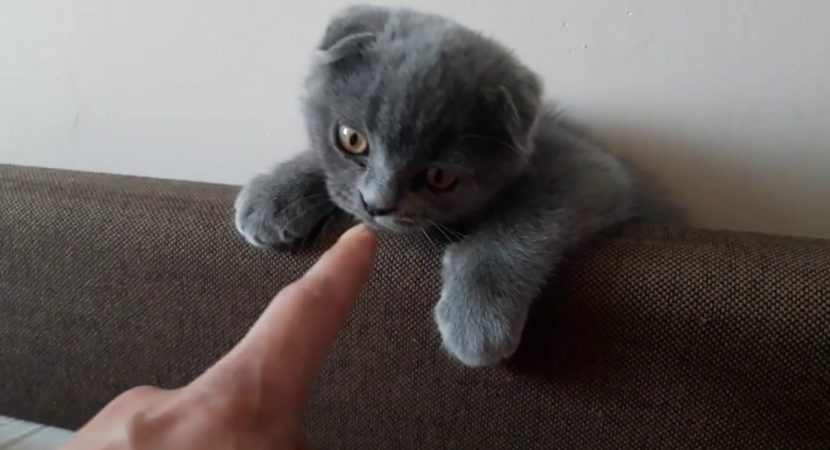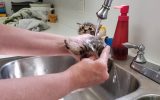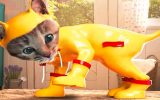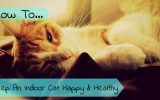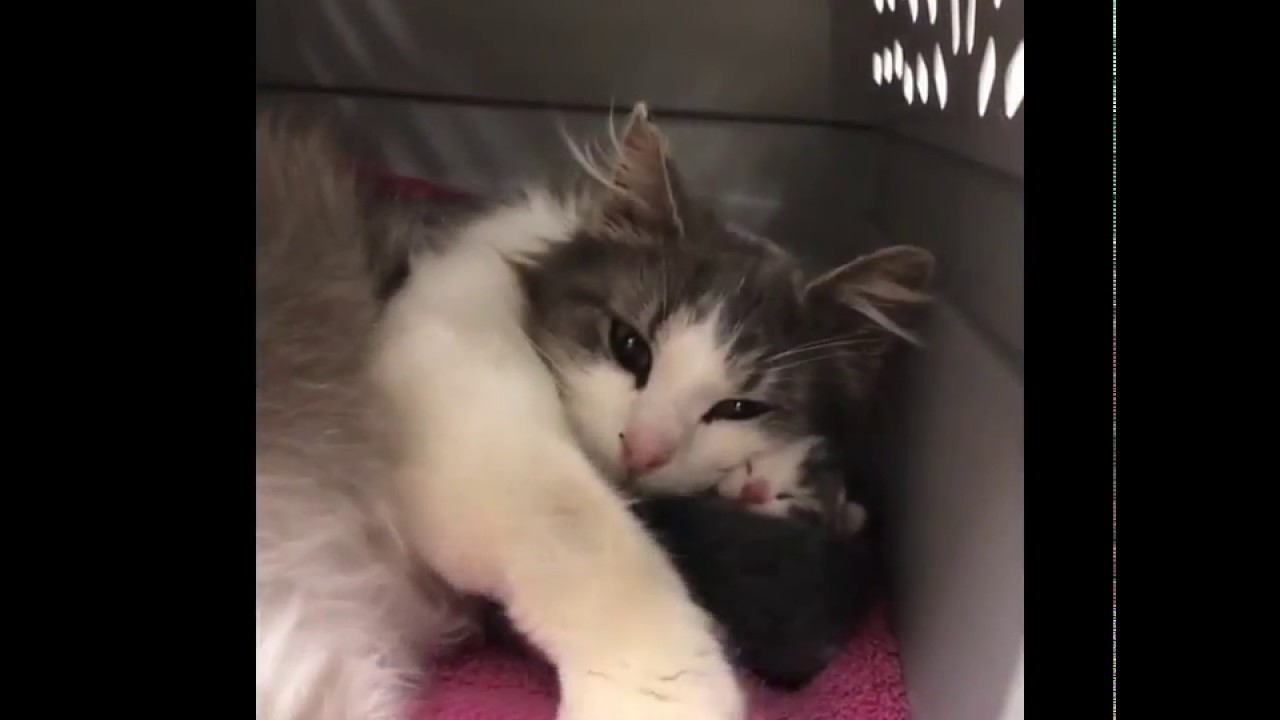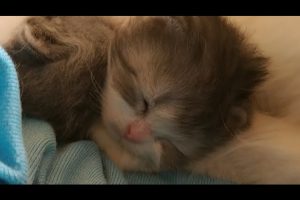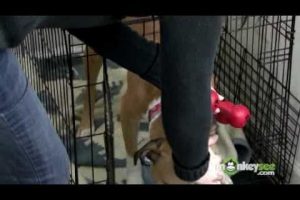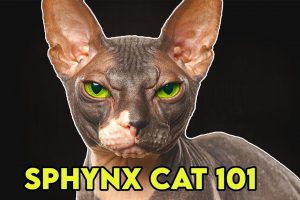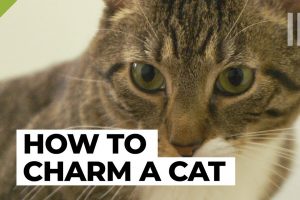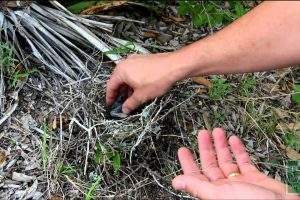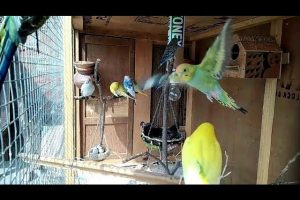https://www.youtube.com/channel/UCnM2g4944JF3dZE7Boha71Q?sub_confirmation=1
Scottish Fold Cat, Care Features, Scottish Fold, Cat, Care, Features, Animality World, Animals, Care, Nutrition, Habitat, Breed, Growing, Stories, Proper Care, Proper Nutrition
Scottish fold cat is a very special breed. These cats are “folk”, they have a good temperament, and, in general, are cute, quiet and easy to use. Scottish, or as they are also called British lop-eared cats, require minimal care and can be a real treasure in your home.
Breed history;
The emergence of a new breed of cats often depends on a natural genetic mutation that occurs unexpectedly in an ordinary cat. This is exactly what happened to the Scottish fold cat. All cats of this breed came from the white cat Susie, who had unusual bent ears and caught mice in an ordinary barn in Scotland.
Susie could continue to live in obscurity if she had not been spotted in 1961 by a shepherd named William Ross, who was interested in raising cats. When Susie gave birth to kittens from an ordinary cat, Ross acquired one of them, a kitten girl named Snux. Further, kittens from a British Shorthair cat were born at Snooks. Thus, the development of a new breed began, which was initially called the “lop-eared cat”, but later added the “Scottish”, indicating the country of origin as a defining characteristic. Due to its origin, this cat is also sometimes called the British fold.
Other breeders were also keen on Scottish fold breeding, and it was found that the gene mutation was dominant, which means that if one of the parents had the gene for folded ears, the kitten would also have folded ears. The longhair gene was yet another Susie gift that was passed on to her descendants. The longhair species is known as the Scottish longhair cat.
Ironically, these cats are still not recognized as a breed in their country of origin, in Scotland (England). This is due to concerns that folded ears may lead to ear infections or deafness due to a problem with cartilage.
The nature of the breed;
After the ears, the first thing you notice about Scottish fold is their habit of lying on the floor like little frogs. And although it can be assumed that their ears are less mobile than other cats, but this is not the case. They use them to communicate effectively enough, adding emphasis to their quiet and cheerful voice, if necessary.
These are smart, moderately active cats. Scottish fold love a variety of toys – teasers that test their dexterity, as well as various puzzles that challenge their mental abilities. Their favorite pastime is any activity that involves interacting with a person.
There is nothing that Scottish fold would love more than being with her family and participating in what she does. These are cute cats that love attention. The last thing they want to be left alone for several hours in a row, so that they will not be the best choice if you do not have anyone at home during the day, otherwise you will need to provide them with at least a second cat company . But be calm, she will always wait for you to play when you return from work or school, or at least curl up next to you while you watch TV.
Health
Both purebred and mixed cats can have various health problems that can be genetic in nature. The life expectancy of Scottish fold cats is average, about 15 years. The main health problems are as follows:
Degenerative joint disease, especially in the tail, causing pain and decreased mobility.
Hypertrophic cardiomyopathy, a form of heart disease that is probably hereditary.
Care and maintenance of Scottish fold;
A Scottish fold cat will need weekly hair care to remove dead hair and massage their skin. Longhair fold may need to be combed out a couple of times a week to prevent the formation of tangles.
Brushing your teeth will help prevent periodontal disease. Daily brushing is better than weekly, but weekly is better than nothing. In Scottish fold it is important to regularly check the ears, preferably once a week, especially if they are tightly folded. If your ears look dirty, wipe them with a cotton swab or a soft, damp cloth moistened with a solution of apple cider vinegar and warm water in a ratio of 50 to 50.
Keep the Scottish fold litter box clean and spotless. Cats are known for their hygiene!
View Original Source

